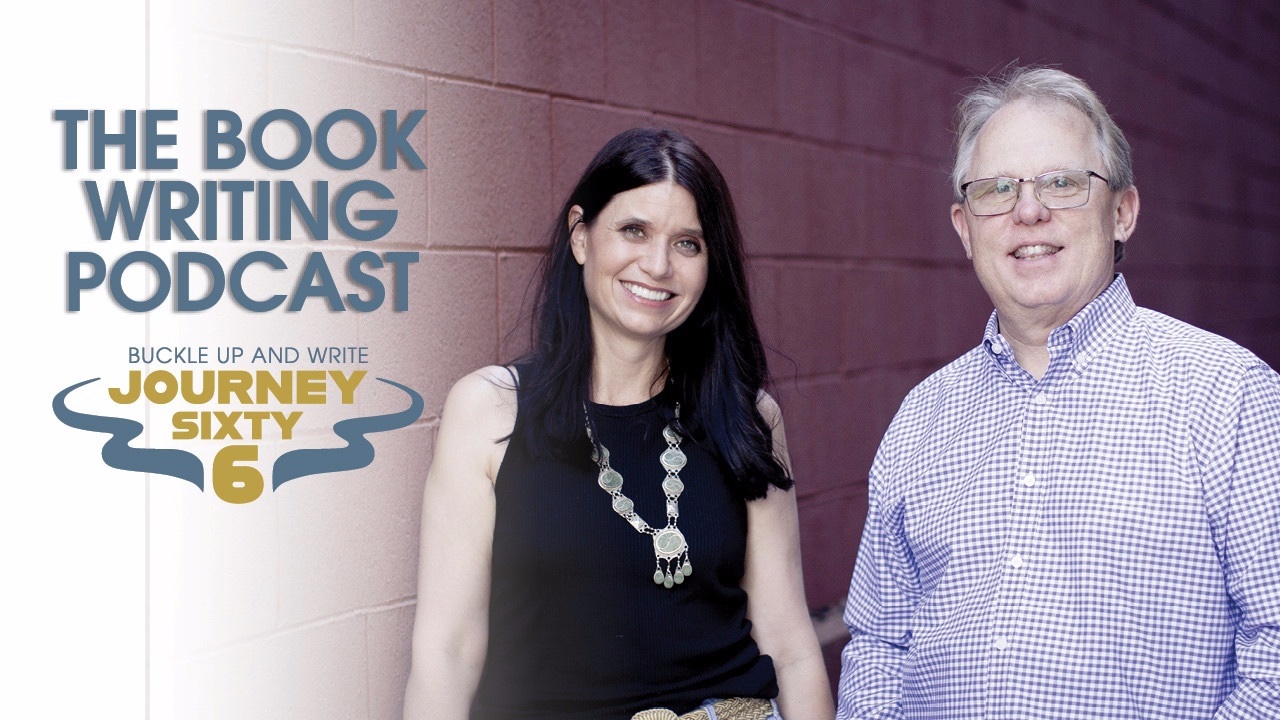[Podcast] Memoir as Genre vs. Memoir as Strategy
Nov 08, 2021
What is memoir as a genre and memoir as a strategy? Senior Vice President of Editorial at Harper One Mickey Maudlin identifies the differences.
“So what? Why does memoir categorization matter?” It’s a question that all writers setting out to write a memoir must ask.
We live in an age where just about anybody can write a memoir—and many will write a memoir, even if their story is unremarkable.
There’s an ocean of memoirs swallowing up the truly memorable—and readable—ones. If you want your memoir to gain an audience, you have to set it apart from others, deciding first the most effective way to tell your story. And more importantly, asking yourself why anyone would read your story.
Once you know your “why,” you need to understand the difference between the two categories of memoir writing.
We caught up with Senior Vice President of Editorial at Harper One Mickey Maudlin, who identifies the difference between memoir as a genre and memoir as a strategy.
Memoir as a Genre
We typically think of memoirs as autobiographical. They tell the story of a distinct period of time, often following a chronological narrative arc.
This is what Mickey calls “memoir as a genre.”
Memoirs as a genre are collected stories about someone’s life. There is not necessarily one theme that carries the collected stories. And they typically do not connect to a political, religious, or cultural phenomena. These memoirs are simply an arc (often a particular period of time) of human life.
The most successful books in this category have an exceptional story to share, like near-death experiences, scandalous-murder-mysteries, or cult-associated stories. They provide readers a rare look into something that few will ever experience. They strike an emotional chord and gain some early buzz on the talk-show circuit. Because of media buzz they tend to gain early momentum although they lose popularity over time.
There are also memoirs that succeed because they are written exceptionally well and cover a topic that has never been tackled.
Take, for example, Lab Girl, a memoir which explores both the narrator’s vocational discovery as well as insights into the secret lives of plants. The writing of Lab Girl is both poetic and academically challenging. The writing pulls the reader into a story that might not be engrossing (at first glance) to the masses.
Memoir as a genre is best executed by skilled writers. And they are typically more difficult to write if you don’t have a remarkable life story.
Memoir as Strategy
Memoir as a writing strategy communicates an overarching message or theme. It explores different stories of your life, but it’s main focus is to share a core message, whether it’s on forgiveness, friendship, or developing your writing voice. These types of memoirs typically are instructive.
Popular authors, such as Annie Dillard, Anne Lamott, and Barbara Brown Taylor, prove the success of memoir as a writing strategy. Anne Lamott, specifically, is a master at this. She writes seemingly random stories throughout her books. But they all connect. They fit together like puzzle pieces, revealing her overarching theme.
Memoir as a strategy has become very popular, because we live in an era where we crave stories to connect to the author.
The truth is, readers are able to hear prescription through story. It’s not easy to do, but it’s an effective nonfiction writing strategy.
As you write your memoir, think about how you can convey a principle through story that will stick with the reader. Memoir writing as a strategy uses story as a vehicle to reflect on life, and explore the nuances of life with readers.
If you frame your memoir as “a book about [blank]” rather than your life story or experience, then your memoir will be more successful in getting published and gaining an audience. People know what to expect. They’re looking for help on a topic.
But as with memoir as a genre, the writing must be so good that someone would refer the book to a friend.
Now consider which category your memoir will fall into. Are you an exceptional writer with a profound story to share? Or, do you have a message to teach that can be achieved through storytelling?



